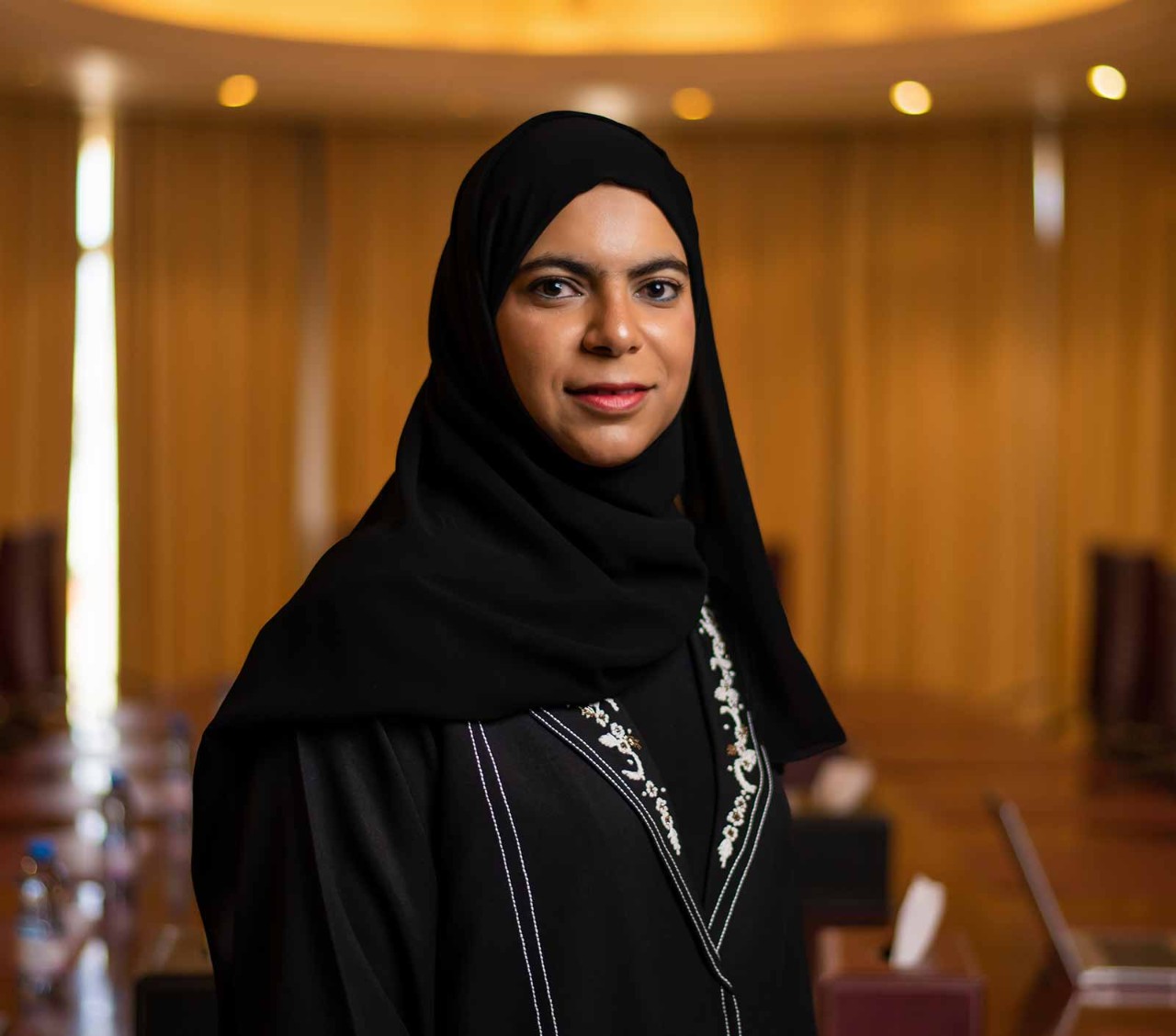
New audit practice licence regulations have been introduced in the United Arab Emirates (UAE) to bolster confidence in the state’s accounting and auditing profession. These ultimately affect all auditors, whether local or expat, seeking to apply for or renew the practising licence that allows them to sign audit reports in the country.
Known as Ministerial Resolution 111-2 of 2022, the regulations require accounting professionals to have passed mandatory exams in international financial reporting standards (IFRS), international standards in auditing (ISAs) and UAE tax and regulation (see boxout) before applying for a licence. Candidates who have qualified via one of six professional bodies – ACCA, ICAEW, AICPA, CPA Australia, CPA Canada and SOCPA – are only required to pass the tax and regulation exam.
‘The programme supports efforts to enhance and develop the accounting and auditing profession in the country’
ACCA is working alongside the UAE’s Ministry of Economy (MoE) and the Emirates Association for Accountants And Auditors (EAAA) to provide the three exams through the UAE Fellowship programme.
Announcing the programme, His Excellency Abdulla Bin Touq Al Marri, UAE minister of economy, said: ‘The programme supports the Ministry’s continuing efforts to enhance and develop the accounting and auditing profession in the country, and increase the competency of all auditing and accounting services in line with global best practices and standards.’
He added that the move would further promote the ambitions of the UAE government to drive ‘Emiratisation’ across all vocational professions in the private and public sectors in line with best practices.
Delivery and testing
ACCA will manage the course delivery and testing on its online learning platform, but individuals will be required to complete the final online assessments during specified exam windows at a supervised British Council examination centre in Abu Dhabi, Dubai or Sharjah. The joint UAE Fellowship certificate will be awarded by ACCA and the EAAA.
Each exam will include 70 questions with a pass mark of 60%, and can be attempted as many times as necessary during two years from the date a candidate passes their first paper. The courses and assessments can be taken in any order.
The three tests
Financial Reporting Standards This assessment aims to supply the knowledge and then gauge a candidate’s familiarity with International Financial Reporting Standards (IFRS), including all work guides issued by the IFRS Foundation and the International Accounting Standards Board (IASB).
International Auditing This assessment measures knowledge of International Standards on Auditing (ISAs), including all work guides issued by the International Auditing and Assurance Standards Board (IAASB).
Tax and Regulation This new exam presents information on the newly developed UAE tax code in relation to corporation tax (introduced from 1 June 2023) and other taxes. It also measures knowledge of all UAE legislation related to the practice of the accounting and auditing profession, including rules of conduct and ethics, the corporate system, tax system, and civil and criminal liability related to the practice of the profession.
‘These new requirements will ensure that everyone’s knowledge is on a level playing field’
Fazeela Gopalani, ACCA’s head of Middle East, comments: ‘Accountancy and auditing play a crucial role in supporting safe business practices and enhancing investor confidence. These developments will further support the country’s authorities in dealing with financial malpractices, while upskilling accounting professionals.’
Level playing field
‘These new requirements will ensure that everyone’s knowledge is on a level playing field,’ says Gopalani.
The MoE is, however, quite clear that having a qualification from a foreign association does not exempt individuals from going through the programme. Candidates will only be granted the UAE Fellowship after they have passed the three exams or shown they are exempt.
To become a Fellow of the EAAA, candidates must first register as a regular member, then pass the required examinations. Thereafter they must maintain their status by completing at least 30 hours of continuous professional education each year.
For all those who have held a licence since before 12 May 2022 there is a two-year transition period to allow time to complete the required courses. They have until 11 May 2024 to pass the applicable exams, providing their CPA certification came from one of 21 listed institutions; they will still need to complete certain continuous professional education requirements.
Saad Maniar, senior partner at Crowe UAE, said: ‘’The regulation will contribute to a new level of improvement in audit quality, alongside the 30-hour CPD requirements.’
More information
Access the UAE Fellowship Programme (all courses)
Access the UAE Fellowship Programme (with exemption credits)



